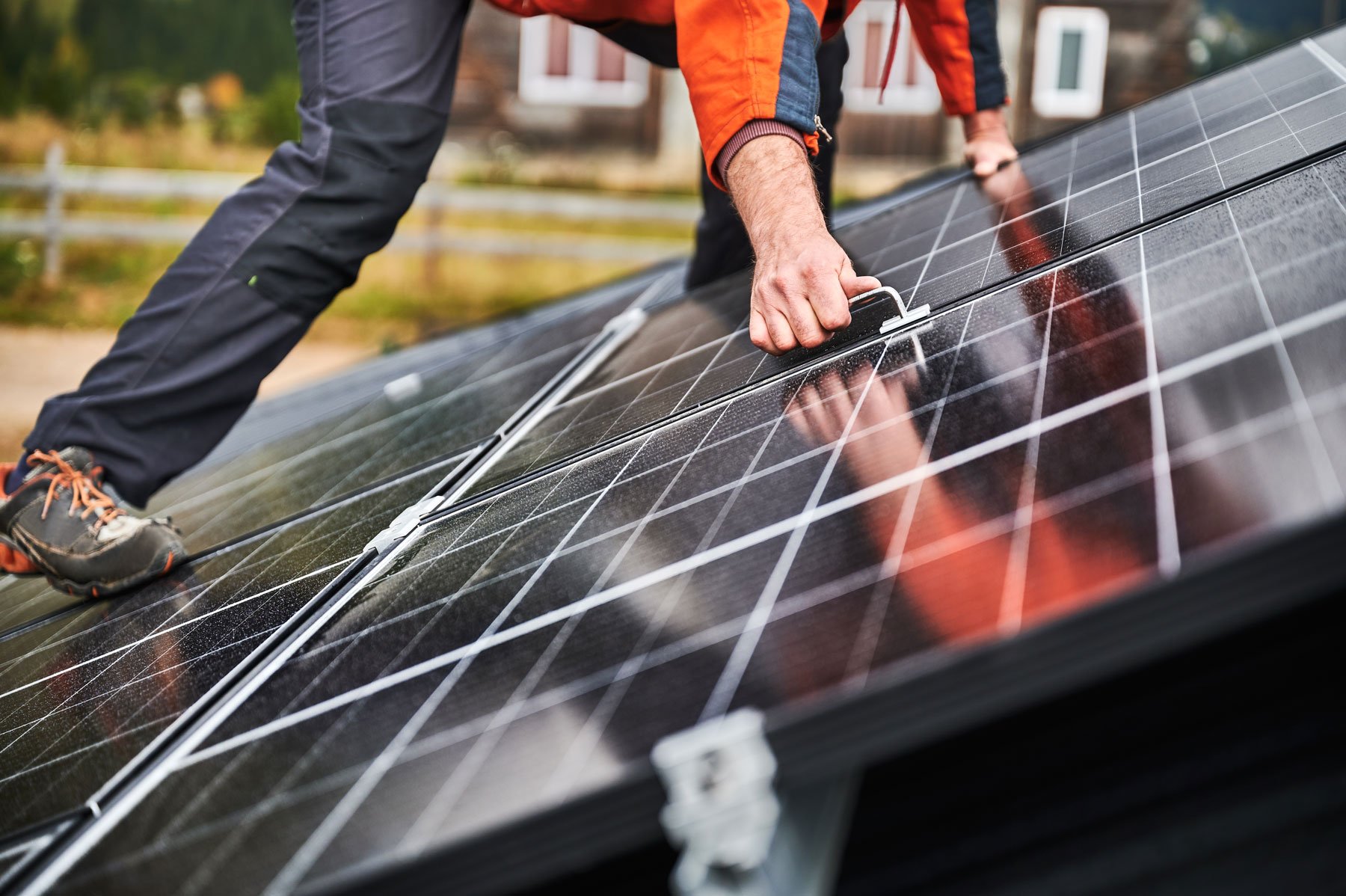
Why Solar Matters to You and the Planet
Empowering Tomorrow: Solar's Savings and Sustainability
Solar energy offers a range of compelling benefits. It reduces or eliminates electricity bills, lowers carbon footprints, and provides long-term cost savings. Government incentives make it financially accessible, and advancements in technology enhance efficiency and storage. With low maintenance, increased property values, and a positive impact on corporate social responsibility, solar energy stands out as a sustainable and economically viable solution for homes and businesses.
FAQs
-
Solar energy is a renewable and sustainable power source derived from the sun's radiation, harnessed using photovoltaic cells to generate electricity or through solar thermal systems for heating applications.
-
Solar panels convert sunlight into electricity through photovoltaic cells, where photons from sunlight create an electric current. This direct current (DC) is then converted into usable alternating current (AC) power for homes and businesses.
-
Solar energy offers cost savings on electricity bills, reduces carbon footprints, provides energy independence, and contributes to a cleaner environment by utilizing a renewable energy source.
-
Most locations receive sufficient sunlight for solar installations. A site assessment considers factors such as shading, roof orientation, and local climate to determine suitability.
-
Solar panels typically have a lifespan of 25 to 30 years. Their efficiency may slightly decrease over time, but regular maintenance can optimize performance.
-
Many governments offer incentives such as tax credits, rebates, and feed-in tariffs to encourage solar adoption. Check with local authorities to explore available incentives.
-
While solar panels are most efficient in direct sunlight, they can still generate electricity on cloudy days, though at a reduced rate. Advances in technology have improved their performance in diffuse light conditions.
-
Routine cleaning, checking for debris, and occasional inspections by professionals are recommended for solar panel maintenance. They generally require minimal care due to the lack of moving parts.
-
Yes, energy storage solutions like batteries allow you to store excess solar energy for use during periods of low sunlight or power outages, enhancing self-sufficiency.
-
Begin by scheduling a site evaluation with a solar provider. They will assess your property, energy needs, and guide you through the entire process, from design to installation and beyond.
Get a Solar Quote Today!
Discover the Power of Solar - Request Your Personalized Quote and Light Up Your Path to Energy Efficiency!